Markus Imhoof’s powerful doco combines agonising encounters with asylum seekers adrift and in limbo with a moving personal recollection of his own relationship with a refugee during WWII.
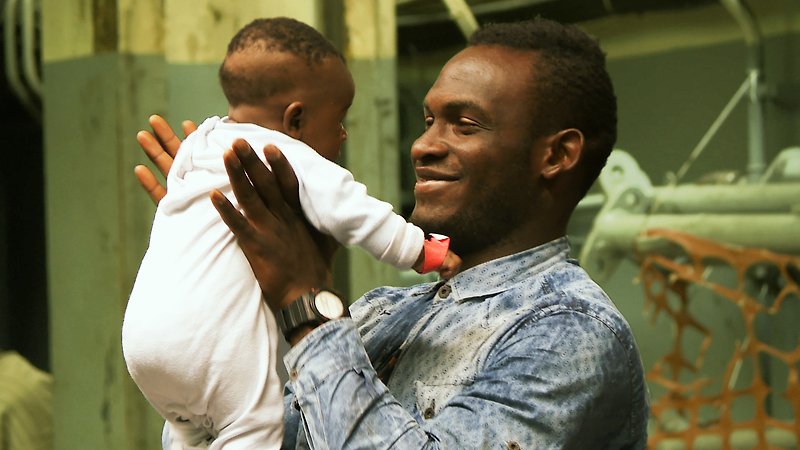
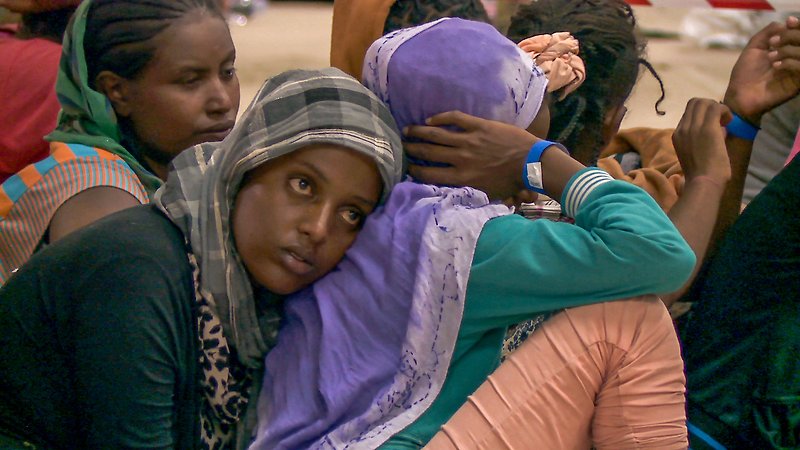
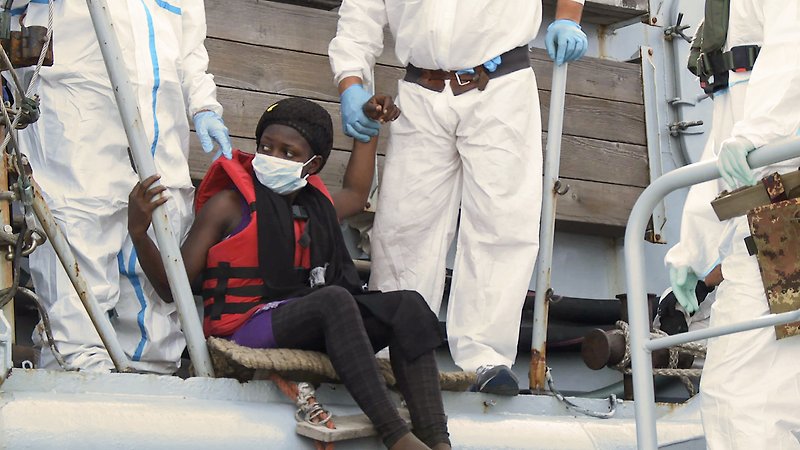
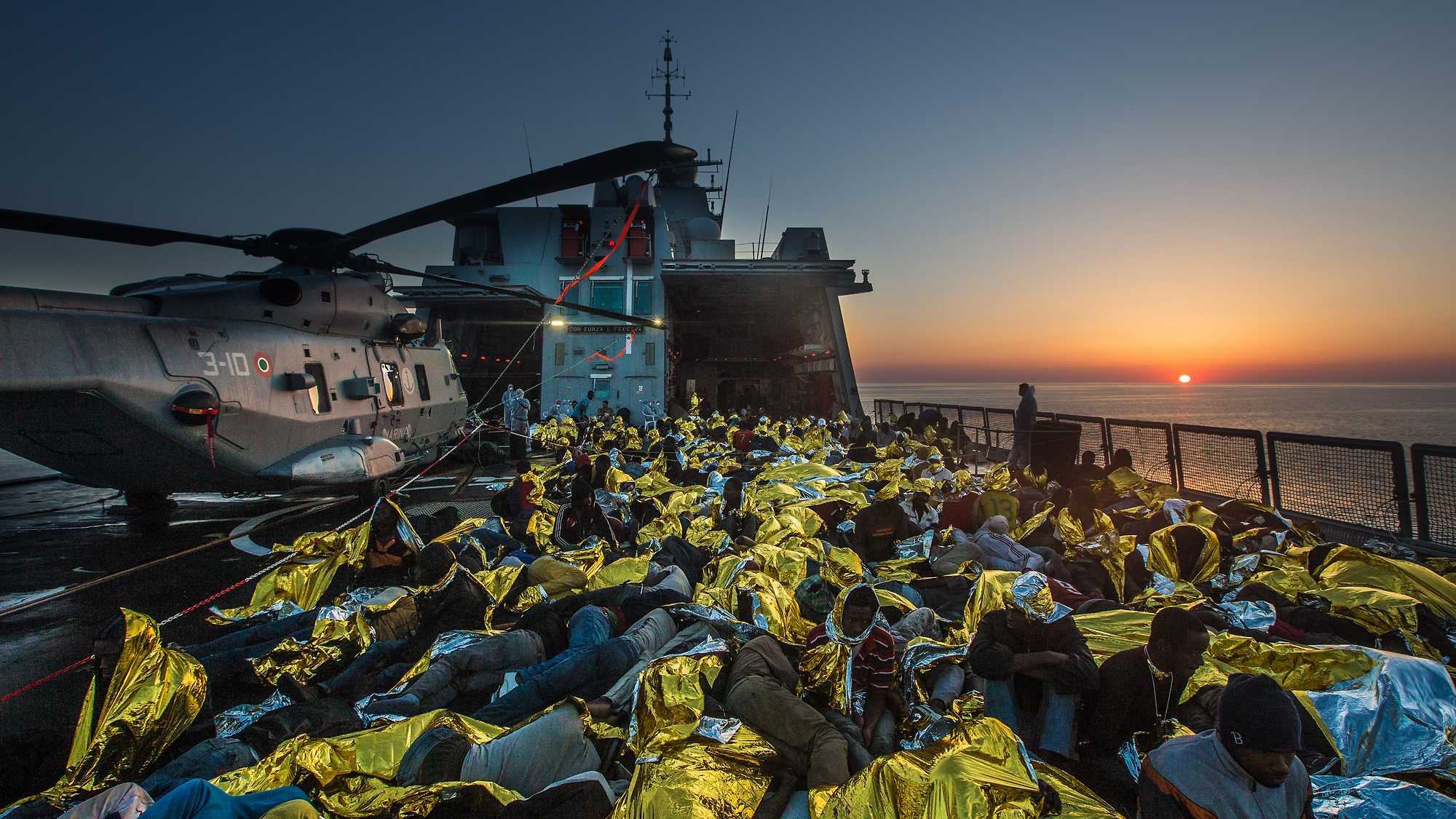
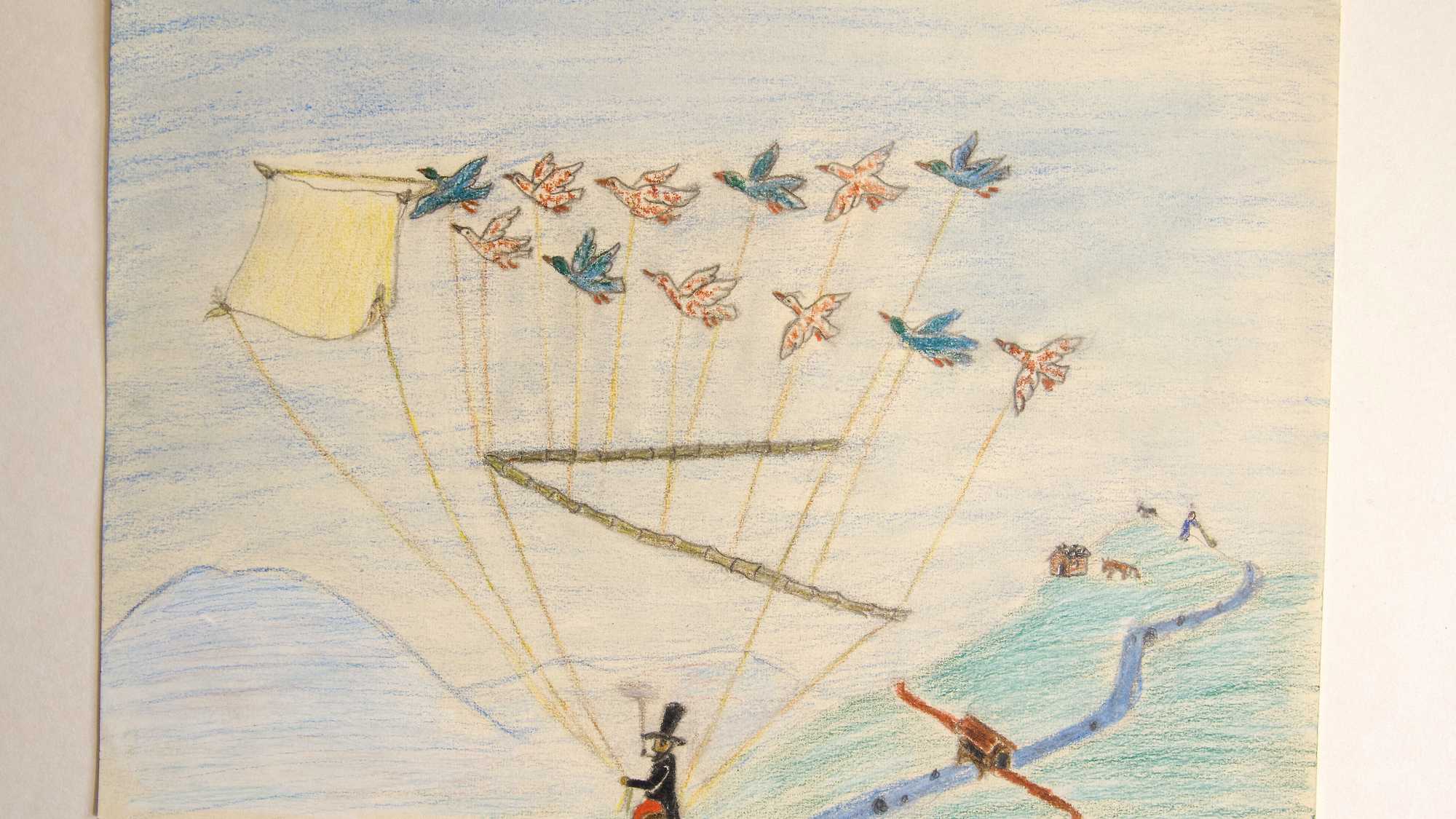
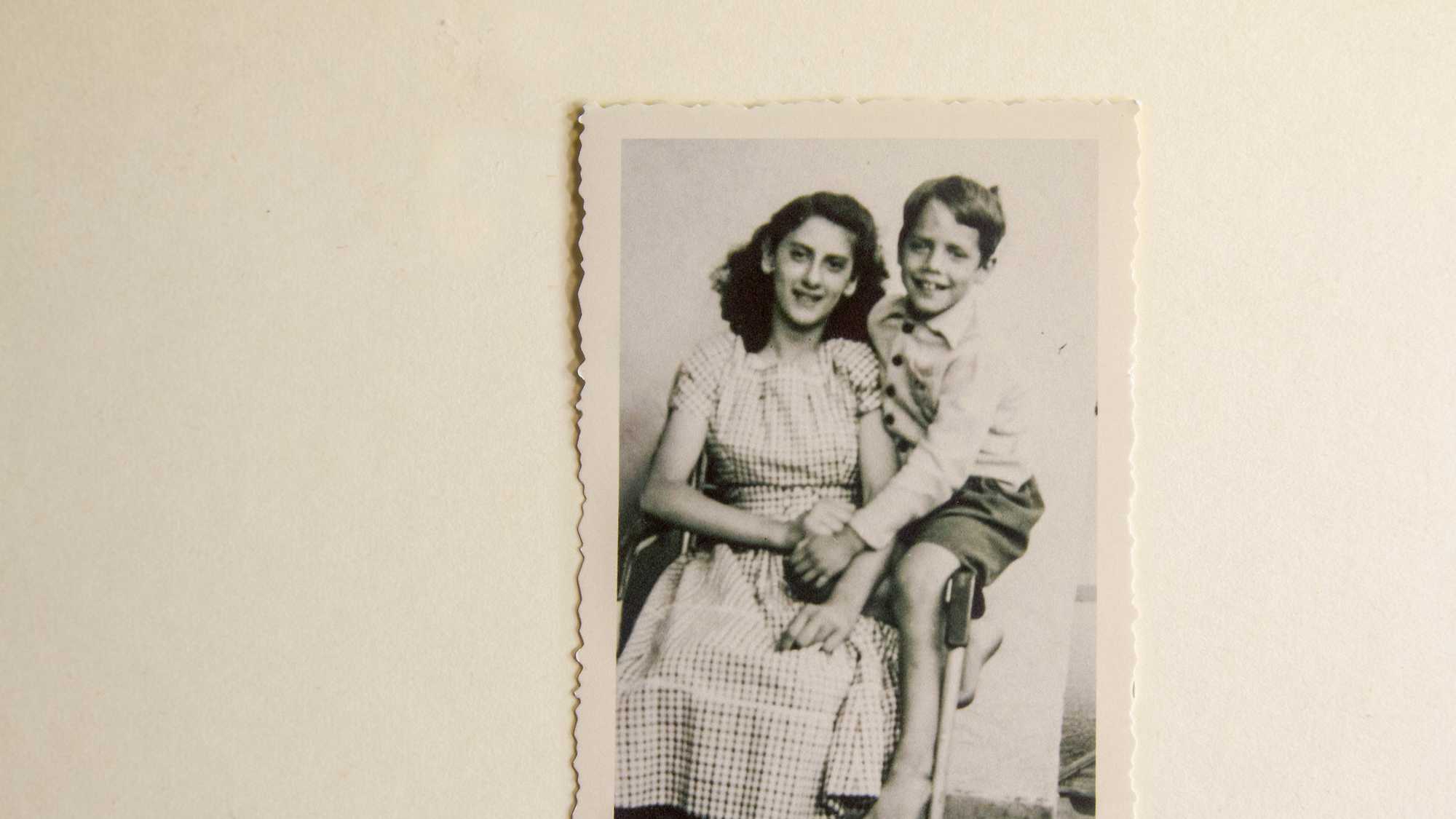
A fresh perspective that makes its political point with understated anger.
Screened as part of NZIFF 2018
Eldorado 2018
Deep inside the European asylum system, Markus Imhoof’s uniquely personal documentary takes a long, hard look at the human flotsam off the coast of Italy. Aboard a giant vessel designed to intercept overcrowded dinghies of asylum seekers, he captures the exhaustion and desperation of African and Middle Eastern refugees oblivious to the hellish non-existence that awaits them on dry land. There, dispassionate officials – servants of a country politically riven by the humanitarian burden – toe the line, while the film’s observation states implicitly that wealth and resources, poured into making Italy an efficient gateway to the continent, have done little to facilitate points of exit into the rest of Europe.
Like Island of the Hungry Ghosts, an elegiac portrait of asylum seekers much closer to home, Imhoof’s film is both affecting and upsetting, but particularly so because of the historical first-hand experience it relates the current crisis to. We hear about Imhoof’s childhood in Switzerland, and the young Italian refugee his family took in with open arms, only for global politics to tear them apart. This personal dimension, threaded ruefully throughout the film, speaks sincerely of the pain of forced migration – and angrily at how unwanted those fleeing war and oppression today have become. — Tim Wong
“One of the most moving statements to have been made thus far on the refugee crisis in the Mediterranean – along with Fire At Sea [NZIFF16], to which it will draw comparisons – Imhoof’s gently-roaming camera holds a mirror to Western society, and it reflects a distorted and ugly face.” — Fionnuala Halligan, Screendaily